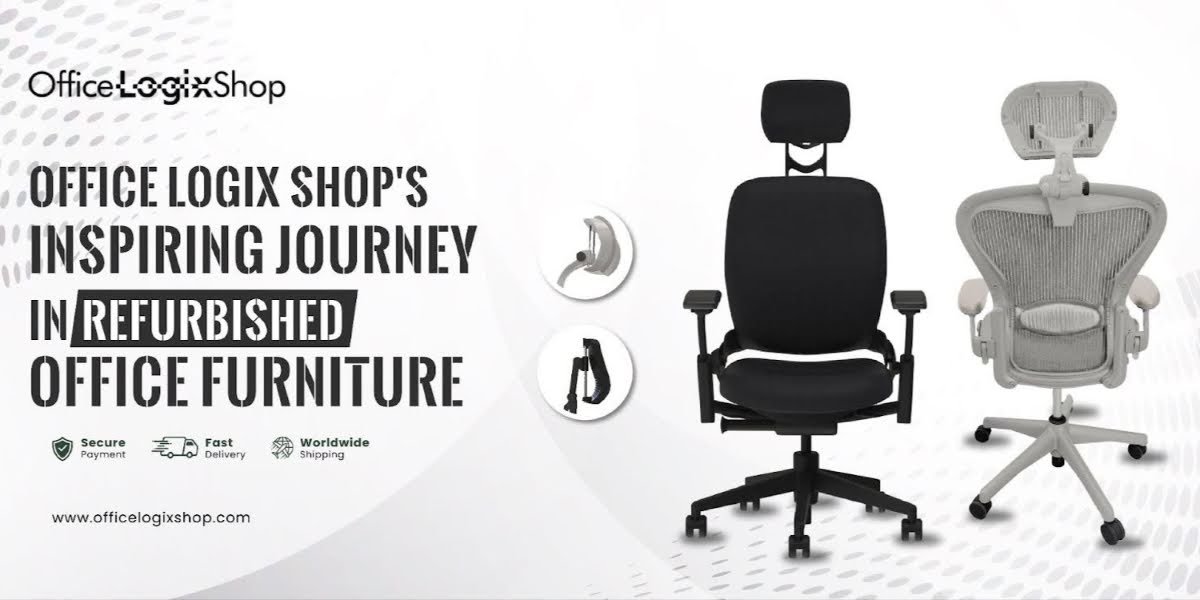The Meaning of Transparency in Business
Transparency in business refers to the practice of openly sharing information about operations, sourcing, pricing, and decision-making. It is not limited to financial disclosures but extends to how companies treat employees, manage supply chains, and communicate with customers. Transparency builds trust by reducing uncertainty and showing that a company has nothing to hide.
According to The Brand Hopper, transparency has become a necessity rather than an option. Consumers are no longer satisfied with polished marketing messages; they want clear evidence of ethical practices. This shift reflects a broader awareness of how business decisions affect communities, workers, and the environment.
The demand for transparency is not about perfection. Consumers understand that businesses face challenges. What they value is honesty about those challenges and a willingness to address them responsibly. This expectation has redefined what it means to operate ethically in today’s marketplace.
Why Consumers Care About Ethical Practices
Consumers are increasingly aware of the impact their purchases have on society and the environment. Access to information through digital platforms has made it easier to learn about labor conditions, environmental practices, and corporate governance. As a result, people are more likely to support brands that align with their values.
Research highlighted by BitQuirky shows that ethical marketing has become a business imperative. Companies that demonstrate fairness, honesty, and responsibility are more likely to build loyalty. This is especially true among younger consumers, who often prioritize values over price when making purchasing decisions.
The growing demand for ethical practices also reflects a desire for accountability. Consumers want assurance that businesses are not only delivering quality products but also contributing positively to society. This expectation has created pressure for companies to adopt higher standards of conduct.
The Role of Technology in Driving Transparency
Technology has played a major role in shaping consumer expectations. Social media platforms allow customers to share experiences instantly, amplifying both praise and criticism. A single negative story about unethical practices can spread quickly, damaging a company’s reputation.
Blockchain technology is also being used to provide verifiable records of supply chains. This allows consumers to trace products back to their origins, ensuring that claims about sustainability or fair labor are accurate. Such innovations make it harder for companies to conceal unethical practices.
As LinkedIn analysis notes, authenticity has become central to consumer trust. Technology has made it easier for people to verify claims, which means businesses must back up their promises with evidence. This shift has raised the standard for what counts as transparency.
How Transparency Builds Trust
Trust is one of the most valuable assets a business can have. When consumers believe that a company is honest and accountable, they are more likely to remain loyal even when mistakes occur. Transparency helps build this trust by showing that businesses are willing to be open about their processes and decisions.
The Brand Hopper emphasizes that trust is no longer optional. Companies that fail to meet expectations for openness risk losing customers to competitors who are more forthcoming. This has led many businesses to adopt practices such as publishing sustainability reports, disclosing sourcing information, and engaging directly with customers about concerns.
Transparency also reduces the risk of misunderstandings. By clearly communicating policies and practices, businesses can prevent confusion and demonstrate respect for their customers. This clarity strengthens relationships and reinforces the perception of integrity.
Challenges Businesses Face
While transparency is valued, it is not always easy to achieve. Companies may struggle with balancing openness and confidentiality, especially when it comes to competitive information. There are also costs associated with auditing supply chains, publishing reports, and implementing new systems.
Some businesses worry that revealing too much could expose them to criticism. However, research shows that consumers are often more forgiving of companies that acknowledge shortcomings than those that attempt to hide them. Admitting challenges can be a sign of accountability rather than weakness.
The key challenge is consistency. Transparency must be embedded in company culture, not treated as a marketing strategy. When openness is inconsistent, it can create skepticism and undermine trust.
The Broader Impact on Business Practices
The demand for transparency has reshaped how companies operate. Ethical practices are no longer seen as optional add-ons but as integral to long-term success. Businesses are rethinking supply chains, labor policies, and environmental strategies to align with consumer expectations.
This shift has also influenced corporate governance. Boards and executives are increasingly held accountable for ethical performance, not just financial results. Investors are paying closer attention to environmental, social, and governance (ESG) metrics, recognizing that ethical practices contribute to resilience and reputation.
As BitQuirky notes, ethical marketing and transparency are now central to brand identity. Companies that embrace these values are better positioned to build lasting relationships with customers and communities.
Outlook for Ethical Business Practices
The outlook for ethical business practices is one of continued growth. As consumers become more informed and connected, the demand for transparency will only increase. Businesses that adapt to this expectation are likely to strengthen their reputations and maintain customer loyalty.
Technology will continue to play a role, making it easier to verify claims and hold companies accountable. At the same time, cultural shifts toward sustainability and social responsibility will reinforce the importance of ethical practices.
For consumers, the growing emphasis on transparency provides reassurance. It means that their voices matter and that businesses are listening. For companies, it represents both a challenge and an opportunity: a chance to build trust by aligning actions with values.











